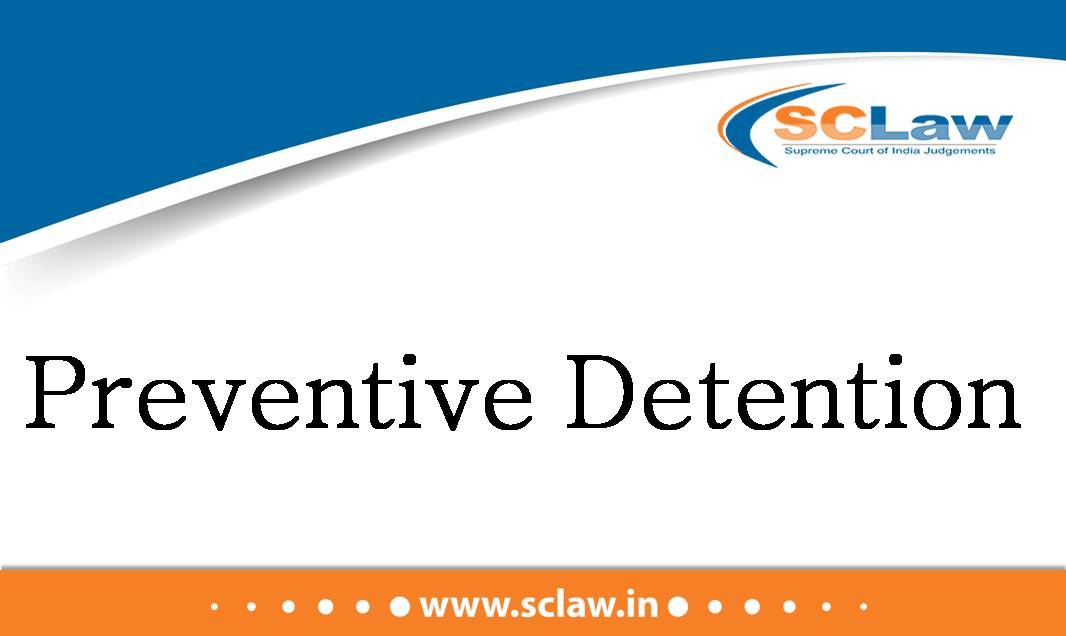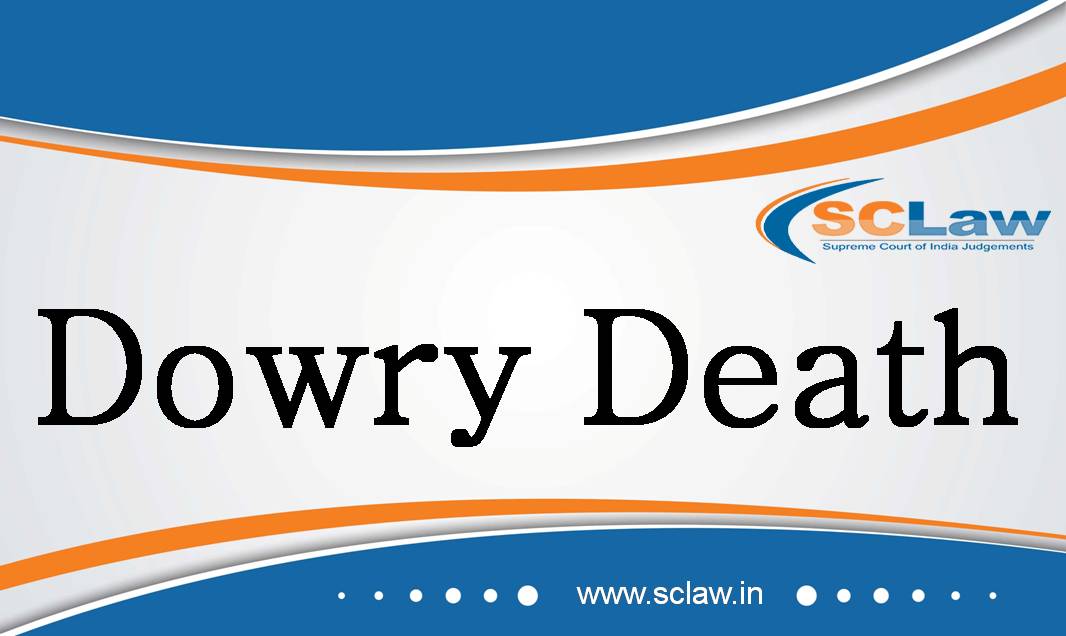Succession Act, 1963, S.63—Will-Suspicious Circumstance—Beneficiary of Will deposed that in lieu of services rendered by him testator had executed the Will in his favour-But as per evidence on record beneficiary was in Army service from year 1960-1979, where as the Will was executed in the year 1970—Apart from beneficiary no other family members gave statement in support of services rendered by them—Will though was registered but discarded — Will—Proof of Execution—For proving the Will not only statutory requirements are to be satisfied but the Will should be ordinarily free from suspicious circumstances
2018(4) Law Herald (SC) 3233 : 2018 LawHerald.Org 1935 IN THE SUPREME COURT OF INDIA Before Hon’ble Mr. Justice N.V. Ramana Hon’ble Mr. Justice Mohan M. Shantanagoudar Civil Appeal No.…









